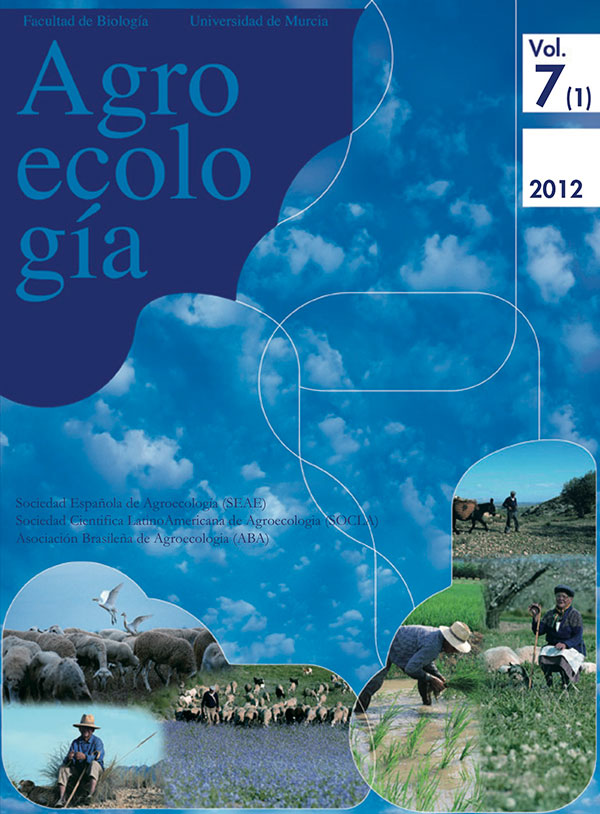Advances in the knowledge of the dynamics of the organic matter within a agro-ecological context
Abstract
Organic matter is the main soil carbon reserves; It ́s participation in molecules with different composition and properties, are responsible for key activities in the soil; it ́s collaboration in and with the soil life generates a set of emergent properties that gives resilience, promote conservation, fertility, productivity and biodiversity in the soil. Despite the historical evidence of its relevance, the recognition of this role in soil dynamics has fluctuated, and linked to the uncertainties of the scientific knowledge and the changing cultural contexts; and major advances in the knowledge of its nature and functions have occurred in the last fifty years, thanks to the progress in microbiotical Ecology and in the analytical and instruments processes. Paradoxically, despite these advances, agronomic paradigm has assumed its role in a biased way by translating its mul- tiple functions to a simple fertilizer units balance. At the moment only the Agroecology maintains a robust theoretical framework, open to further input from the scientific and experimental knowledge, which recognizes the multifunctionality of Organic Matter in agroecosystems which are expressed in management practices with a huge agrosystemic efficiency.Downloads
Las obras que se publican en esta revista están sujetas a los siguientes términos:
1. El Servicio de Publicaciones de la Universidad de Murcia (la editorial) conserva los derechos patrimoniales (copyright) de las obras publicadas, y favorece y permite la reutilización de las mismas bajo la licencia de uso indicada en el punto 2.
2. Las obras se publican en la edición electrónica de la revista bajo una licencia Creative Commons Reconocimiento-NoComercial-SinObraDerivada 3.0 España (texto legal). Se pueden copiar, usar, difundir, transmitir y exponer públicamente, siempre que: i) se cite la autoría y la fuente original de su publicación (revista, editorial y URL de la obra); ii) no se usen para fines comerciales; iii) se mencione la existencia y especificaciones de esta licencia de uso.
3. Condiciones de auto-archivo. Se permite y se anima a los autores a difundir electrónicamente las versiones pre-print (versión antes de ser evaluada) y/o post-print (versión evaluada y aceptada para su publicación) de sus obras antes de su publicación, ya que favorece su circulación y difusión más temprana y con ello un posible aumento en su citación y alcance entre la comunidad académica. Color RoMEO: verde.





